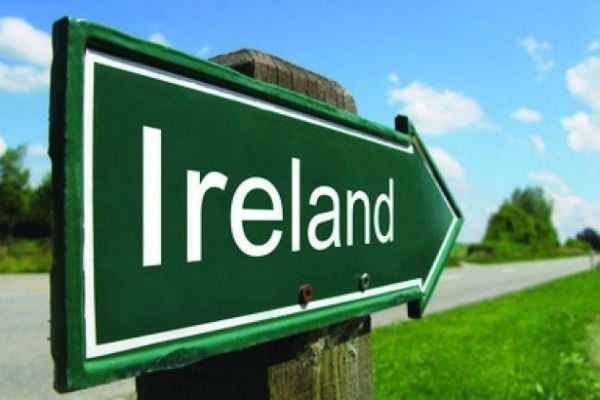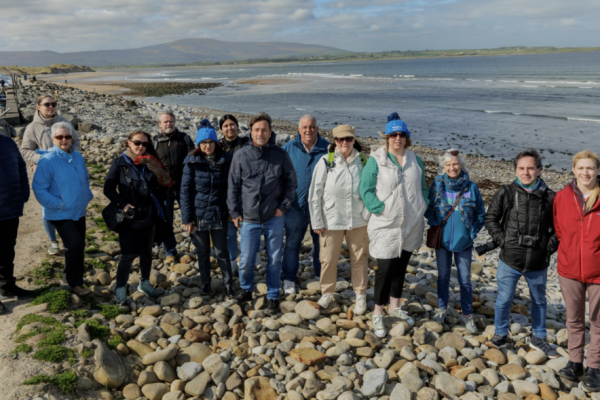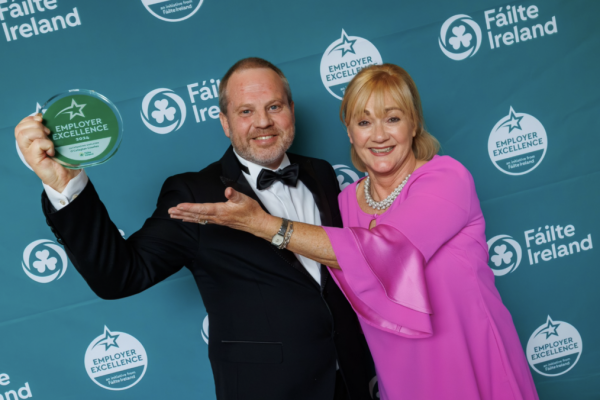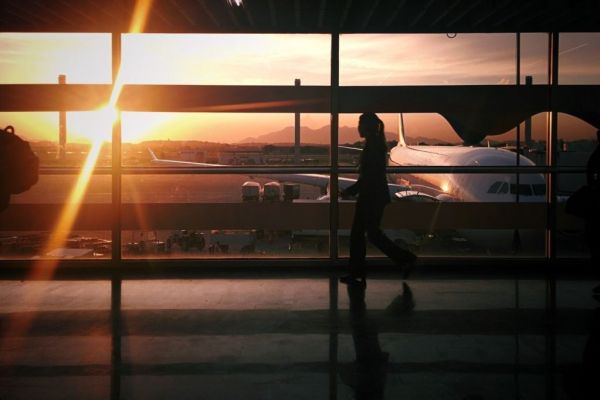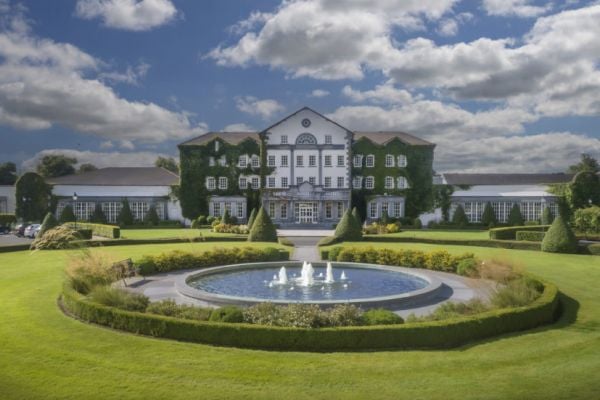The Irish Hotels Federation (IHF) has released its annual hotels sector report, revealing that the average national room occupancy rate in 2016 increased to 72 per cent, Irish tourism generated €8.25 billion in revenue last year as 13,000 new jobs were created in the tourism and hospitality sector.
As Ireland enjoyed a record year for overseas visitors, Irish hotels and guesthouses enjoyed their highest average occupancy room rate for the past 11 years. IHF chief executive, Tim Fenn said that the total number of jobs in the tourism and hospitality sector was nearly 50,000 and that the tourism industry as a whole now supports approximately 220,000 jobs - equivalent to 11 per cent of total employment in Ireland, with almost 60,000 of these jobs in the hotel sector alone.
“2016 was a ground-breaking year for Irish tourism overall where we saw all markets increasing their visitor numbers to Ireland. It has resulted in tourism returning to its long-standing position as a key driver of economic growth throughout the country. The outlook for the sector is good for 2017. However, whilst there is great confidence and the numbers are strong, on the ground we are still seeing a concentration of visitors in the key urban areas and the growth of tourism, jobs and economic benefits are not reaching all regional and rural areas,” said Fenn.
“We are making progress in growing market share thanks to effective market diversification. We are targeting higher value and higher spending markets to offset a potential downturn in the Great British market due to Brexit and the sterling differential [...] It’s time to get the next piece of the puzzle in place and [for] our state tourism partners [to] tackle regional spread so we have more powerful and attractive tourism products to entice our visitors to visit and stay in those parts of our country that are not gaining in the overall upturn,” commented Fenn
He added: “The impact of sterling's collapse in our largest market, which accounts for 40 per cent of our overseas visitors, has and continues to be a significant concern. The real impact of a potential deterioration in this market will tell a new story, we believe, in 2017 as advance bookings made pre-Brexit sustained this market in 2016. Deterioration in our Great British visitors will hit our rural tourism hardest as this is the one market that does travel outside our city and tourist hotspots. We must continue to make significant strides in developing our tourism product and stay focused on providing great value whilst giving holidaymakers new and compelling reasons to come here.”
